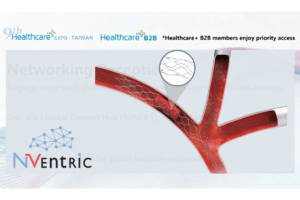AdvaMed, a leading medical device industry trade group, has renewed its call for exemptions from the Trump administration’s newly announced tariffs, asserting that these duties could stifle innovation, lead to job losses, and escalate healthcare costs. CEO Scott Whitaker emphasized that the medtech sector should be excluded from these tariffs, highlighting that industries with significant humanitarian missions have historically been granted such exemptions.
President Donald Trump recently declared a baseline tariff of 10% on most U.S. imports, with higher “reciprocal” rates targeting specific countries to address trade imbalances. While certain goods, including pharmaceuticals, received exemptions, medical devices were not among them.
Whitaker stated that AdvaMed is actively engaging with the White House to underscore the medtech industry’s vital role in healthcare and its contribution to the U.S. economy. He pointed out that during President Trump’s first term, most medical devices were exempted from tariffs imposed on China, and AdvaMed is advocating for a similar approach in the current situation.
Analysts have noted that the newly imposed tariffs, such as a 20% import tax on the European Union and 24% on Malaysia, could significantly impact medtech firms. Companies with substantial manufacturing operations in Mexico or Canada, like Intuitive Surgical and Merit Medical Systems, might experience varying effects depending on their compliance with the United States-Mexico-Canada Agreement (USMCA).
The American Hospital Association, along with the Healthcare Distribution Alliance, has also expressed concerns about the absence of exemptions for critical medical supplies, despite extensive lobbying efforts. A survey conducted by Black Book Research in February indicated that tariffs could increase the cost of providing care at hospitals and health systems by at least 15%.
AdvaMed remains committed to working with the administration to secure tariff exemptions for the medtech industry, aiming to prevent potential disruptions in the healthcare supply chain and mitigate adverse effects on patient care.






